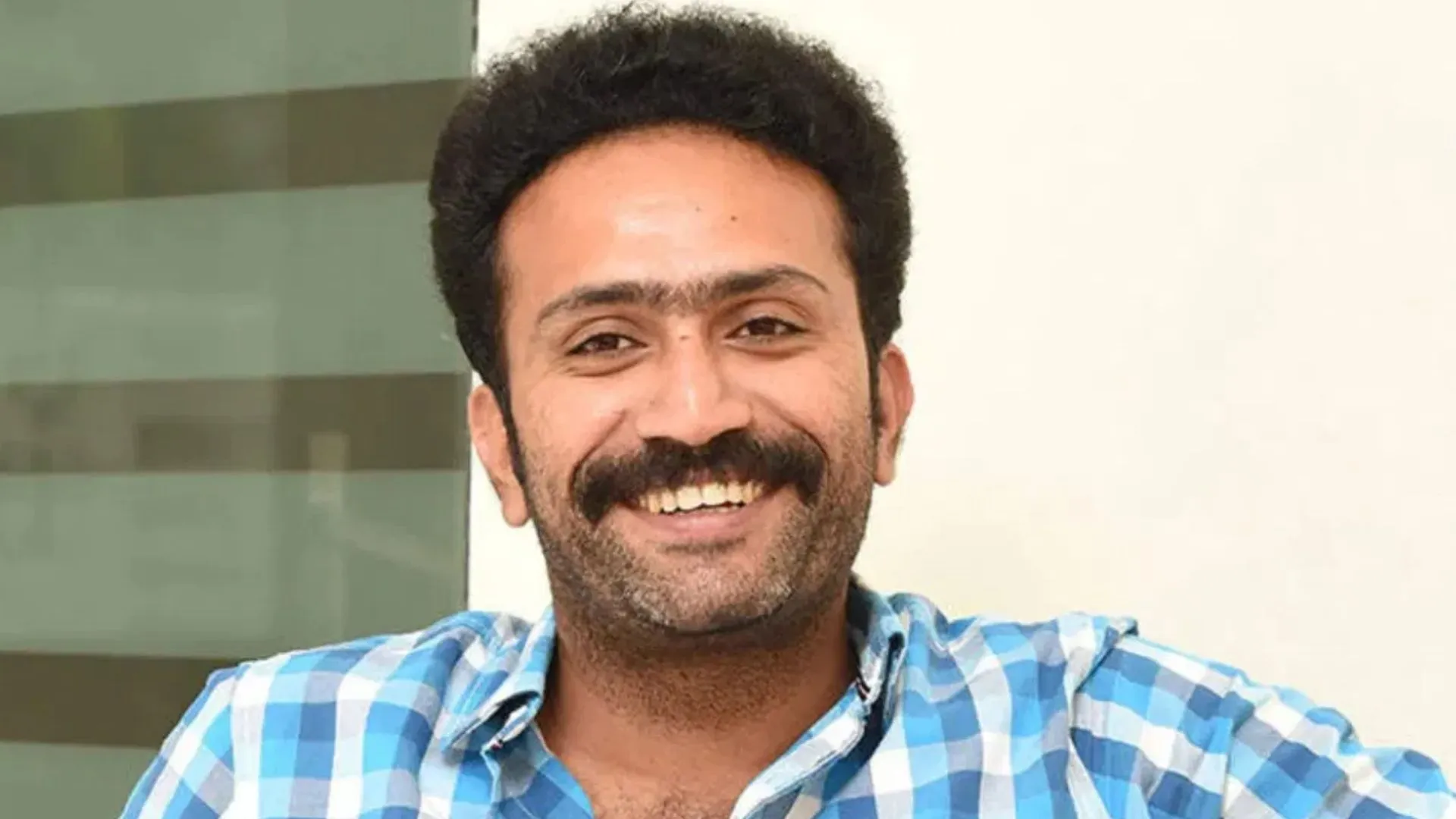Telangana’s ongoing caste survey, aimed at gathering socio-economic and educational data to support underprivileged communities, is encountering significant hurdles. Many residents, particularly in rural areas, are hesitant to disclose personal information, raising concerns about the survey’s thoroughness and effectiveness. Launched on November 9, the survey seeks to reach all 11.6 million households in the state by November 18, but as of November 15, only 44.1% of the target has been achieved, with 5.12 million households surveyed. The timeline for the survey has now been extended to November 24.
Challenges in Data Collection
The survey’s extensive questionnaire, which consists of 56 main questions and 16 additional ones, has created challenges for enumerators. The questions touch on sensitive subjects like caste, religion, income, property ownership, and banking details, which many individuals, especially in rural areas, are reluctant to answer. This has resulted in delays, with enumerators initially spending up to 30 minutes per household. After the government clarified that participation is voluntary, the process has become more efficient, with data collection now averaging around 15 minutes per household. However, enumerators and supervisors still express concerns about the quality of the data due to these ongoing challenges.
Government’s Assurance
BC Welfare Minister Ponnam Prabhakar has assured the public that all information will remain confidential, yet skepticism persists, particularly regarding inquiries about personal property and income. Some individuals worry that disclosing such information could jeopardize their access to welfare benefits, like white ration cards. The government has emphasized that the data will not be used to determine eligibility for welfare schemes but rather to create a caste-wise population count. Despite this clarification, the reluctance to share personal details continues to impede the survey’s progress.
Community Concerns
Enumerators have noted that individuals are especially resistant to providing information about assets, such as land and livestock, fearing it might impact their eligibility for government assistance.
Read More : Manipur: Protesters Attack CM’s Residence After Bodies Of Two Women And Child Found




















